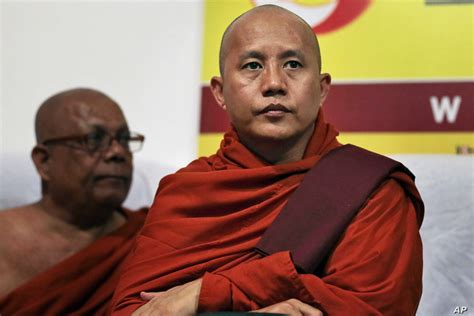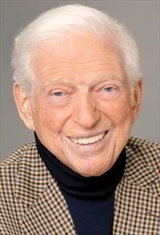A Quote by Daniel Goleman
The book is a dialogue between The Dalai Lama and a group of scientists about how we can better handle our destructive emotions and how to overcome them.
Related Quotes
I meditate, and when I do, Prince Harry appears in my subconscious and meditates with me. It's a little strange but I don't think there's anything I can do about it. Sometimes he's not the only one; the other day it was me, Prince Harry, the Dalai Lama, Mr. Rogers, Coco the gorilla, and George Clooney. We were all floating above the earth looking down at the continents as they passed. George Clooney suggested I visit Providence, Rhode Island. The Dalai Lama sighed deeply and said he'd like to visit Tibet. Poor Dalai Lama.
We need a sense of the oneness of the 7 billion human beings alive today. When I meet people, I don't think about being different from them, about being Tibetan, Buddhist or even the Dalai Lama. I only think about being a human being. We all share the potential for positive and negative emotions, yet one of our special qualities is our human mind, our intelligence. If we use it well we'll be successful and happy.
A friend told me of visiting the Dalai Lama in India and asking him for a succinct definition of compassion. She prefaced her question by describing how heart-stricken she'd felt when, earlier that day, she'd seen a man in the street beating a mangy stray dog with a stick. "Compassion," the Dalai Lama told her, "is when you feel as sorry for the man as you do for the dog."
Are we, as humans, gaining any insight on how to talk about ourselves and how something as abstract as a Charlie Parker record gets us into a dialogue about our emotions and our thoughts? Sometimes we lose sight that the music has a wider context. So I want to continue those dialogues. Those are the things I want to foster.
It is in the ordinary events of every day that we develop the proactive capacity to handle the extraordinary pressures of life. It's how we make and keep commitments, how we handle a traffic jam, how we respond to an irate customer or a disobedient child. It's how we view our problems and where we focus our energies. It's the language we use.































